|
By Valentina Gonzalez, 2024
Much like a first impression, the first few days of school lay the groundwork for the rest of the year. They help to create a foundation and atmosphere. Traditionally these days have been used to set up the “rules” and for compliance. But instead, I offer you a few more community and relational techniques to start the year with students. You can adjust these to meet your students’ age level, but mostly they can be accommodated to fit K-12. These were chosen because they keep a focus on multilingual learners’ needs by building community, encouraging interaction, lowering the affective filter, and they can be used later in the year for more academic lessons. Teachers of Multilingual Learners have unique roles, special jobs! They not the same as most of the other teachers in the building. Here are a few articles to help get the year started on the right foot.
4 Things You Can Take OFF of Your List Before School Starts 3 Common 1st Day of School Mistakes Things To Do with MLs During the 1st WEEK of School 5 Ways to Start Off Your Class Period with MLs Last year this article was shared and greatly loved. This year, I'm adding to it to include one additional support.
Multilingual learners count on us to provide high-quality, comprehensible, and culturally responsive instruction in each lesson in every classroom. Here are 23 practical and efficient ways (in no particular order) we can support multilingual learners as they climb to become our future global leaders. *The terms multilingual, emergent bilingual, and English learner are used interchangeably in this article and also include the acronyms MLs, EBs, and ELs.
This brief post lists 13 instructional practices that reduce the love and motivation for reading in students and then 13 ways to inspire and motivate them.
In contrast, here are 13 ways to help students find love, joy, and excitement in reading. On May 11, I had the honor to sit in a virtual room with THE Regie Routman about teaching readers NOT teaching reading. Yes, we carefully thought that out because we both believe the center of instruction should be around children always. I'm delighted to share this conversation with you.
EL teachers work alongside many stakeholders. They work with students of course. But they also work with general education teachers, instructional coaches, special education teachers, administrators, and more. However, one lesser known, yet powerful partnership is the one between the EL teacher and the library media specialist.
What do EL teachers and library media specialists have in common? These stories from the field bring a reality to the question. When I left the comfort of my own classroom to become an ESL teacher, I didn’t know that I would have to become intentional about building relationships with the mainstream classroom teachers I worked with. But I learned quickly.
Healthy, productive relationships between mainstream teachers and ESL teachers don’t happen on their own magically. Like most relationships, thought, planning, and careful execution takes place for a truly happy relationship to develop. Over the years, here’s what I learned as an ESL teacher about creating relationships with mainstream teachers. The first thing we do with students can set the tone for our time together. Starting the period off on the right foot is critical to a successful lesson. Read on to discover five ways to start your class period in engaging and welcoming ways whether you are a general education teacher or an ESL teacher that pulls students out.
If you know me, you KNOW I L.O.V.E. what I do. I've always loved it. No matter my role in education, I bloom where I'm planted. I think this is because (like many of you) education is not a job for me, it's a calling. I live and breathe it. It's not a 7-4 job. There are no hours that limit my time doing what I do.
But I have to be honest with you, the year I transitioned from a classroom teacher to an ESL teacher who pulled students out and co-taught, wasn't all roses. I struggled...a lot. So if this is your first or second year out of the mainstream classroom and working as an ESL specialist, pull out teacher or co-teacher, you may be able to relate. The first few days of school lay the groundwork. They help to create a foundation and atmosphere for the rest of the year. Here are a few of my favorite ways to start the year off with students. You can adjust these to meet your students’ age level, but mostly they can be accommodated to fit K-12.
I picked these activities because they keep ELs at the heart by building community, encouraging interaction, lowering the affective filter, and they can be used later in the year for more academic lessons. & What to do insteadIn some parts of the world, school has already started. The first day has passed. Eager teachers welcomed students into their classrooms. Nervous students began their year in a new environment. Whether you have already started your new school year or you are about to launch it soon, you might find these 3 mistakes familiar. Over the years, here's what I've learned about how to make the best of the first day with my English Learners (and frankly all students) so that the rest of the year can by successful.
Mistake #1 Focusing on rules It is about relationshipsFor years teachers have been told that the first day of school is all about setting boundaries, being firm, and even "mean" to students. I say we take this bad advice and dump it!!
Day ONE is not about rules, it's all about building relationships. advocating for English LearnersWhen I first began my role as an ESL teacher, I have to admit, I didn't know much about ELLs other than my own experiences. My experience growing up as an English learner helped me form my beliefs about language learning and helped me as I worked with ELs in my general education classroom.
But the year I left the general education classroom and moved into the role of an ESL teacher who supported all grades, co-taught, and pulled newcomer students out for intense English instruction, I realized that I needed to learn more and do more. I was seen as the ESL/ELL specialist on my campus. And that meant a lot to me. The students were counting on me to support their language development and to support their teachers. I had to step up my game and FAST! 18 ways to Support English Learners in your classroom in 2018 (or EVER!)2018 is going to be a year where your English Learners thrive! Your ELs need some extra scaffolds and supports to level the playing field. They are learning a new language while navigating content at the same time.
Here are 18 ways that you can help support them with their journey. Not every EL will need all of these scaffolds. Some will need more than others. And once they no longer need the scaffold, remember to release it and let them soar! I can't count on my fingers how many times someone has come up to me and asked me a question in Spanish. Then when I respond in English with... "I don't speak Spanish," I'm met with a puzzled and unpleasant look. A look that says, why don't you speak Spanish? You are clearly Hispanic.
Well, no...I'm not. People frequently ASSUME that I am Latina based on what they see and probably from my last name as well. Making assumptions about people is a dangerous thing. The only way to avoid or correct a misconception is to get to know people, ask questions, build relationships. Without this knowledge, we tend to make up our own stories about one another. Making assumptions about our students and their families is even more dangerous. When I was a kid, my parents rarely went to our school for conferences or other events. Chances are you probably have kids in your class with similar situations. Their parents are not coming to school functions. Why? I can only hope that the teachers didn't "assume" my parents didn't care. My parents, in reality, cared VERY much about my education. They actually cared so greatly that they left everything behind to move us to America so we could have a better education and future. If my teachers asked, they would have known that my dad worked a great deal of overtime so we could afford our little home. If my teachers asked, they would have known that my mom was still struggling to learn English, had an infant to care for, and didn't have an extra vehicle to drive. If my teachers asked, they would have known that my parents worked with me every night, instilled in me that school was of utmost importance, and read to me before bed each night. If my teachers asked... I will never forget my first few years as a young teacher. I taught in a wonderful school that was filled with great families and amazing teachers. There was just this one teacher who often said things about her students that didn't sit well with me. One day she came into where we were eating lunch as a team and she said with great unhappiness, "Well, I'm getting a new student. And the kids are hiding all their things because the new kid is Mexican." I was shocked and saddened. She didn't stand up for the new student who hadn't even stepped foot in her room yet. The poor child was already labeled and no one had even met him yet. Why? I have never been able to forget this. At the time, I was a baby teacher and she was a seasoned veteran. I didn't stand up for the child. Now, I would tell my young self to speak up and be an advocate for the student. This veteran teacher made terrible assumptions about an innocent child and allowed her assumptions to sway the thoughts of her other 20 students. What a shame. A terrible shame. Never assume that our students have experiences that we have. Even things we may think are basic and simple such as visiting a zoo. Don't assume all your kids have been to a zoo. Case in point...my niece was well into her teenage years before visiting a zoo. And sadly I didn't realize it until then either. I assumed she had been. When asking your class about experiences, think carefully about how you phrase the question. For example, don't say, "Who has never been to the circus?" It creates a singling out effect. It may embarrasses students who haven't had the experience. Also don't ask, "Does everyone understand?" It is rare that students who don't understand will actually answer by saying, "No". Instead ask specific, clarifying questions. We make assumptions at times. It's really human nature. The important thing to remember is that when it comes to our students, the better we are at getting to know them by asking them questions and being genuine, the better we will be at serving them the way they need it. When we understand who they are, where they come from and what their lives are like, we will be able to reach them in a way that is powerful. Connecting by building meaningful relationships allows our students to feel important, valued, and part of their own growth in education. |
Categories
All
|
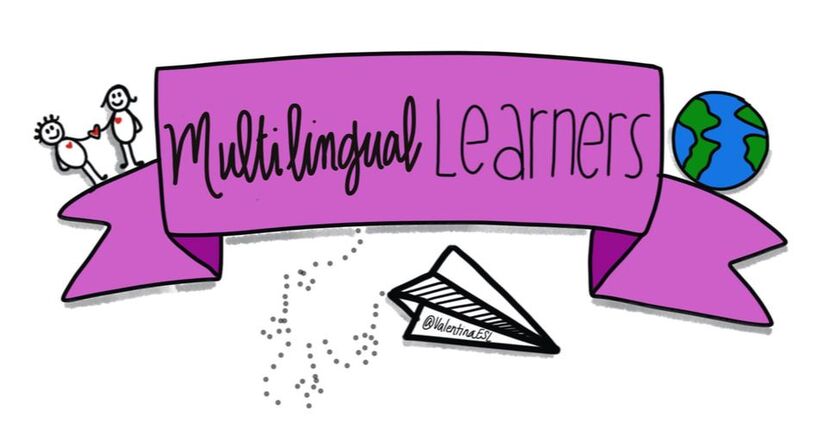

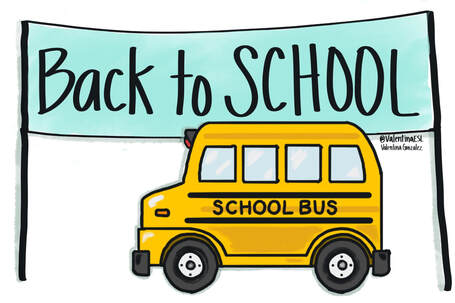
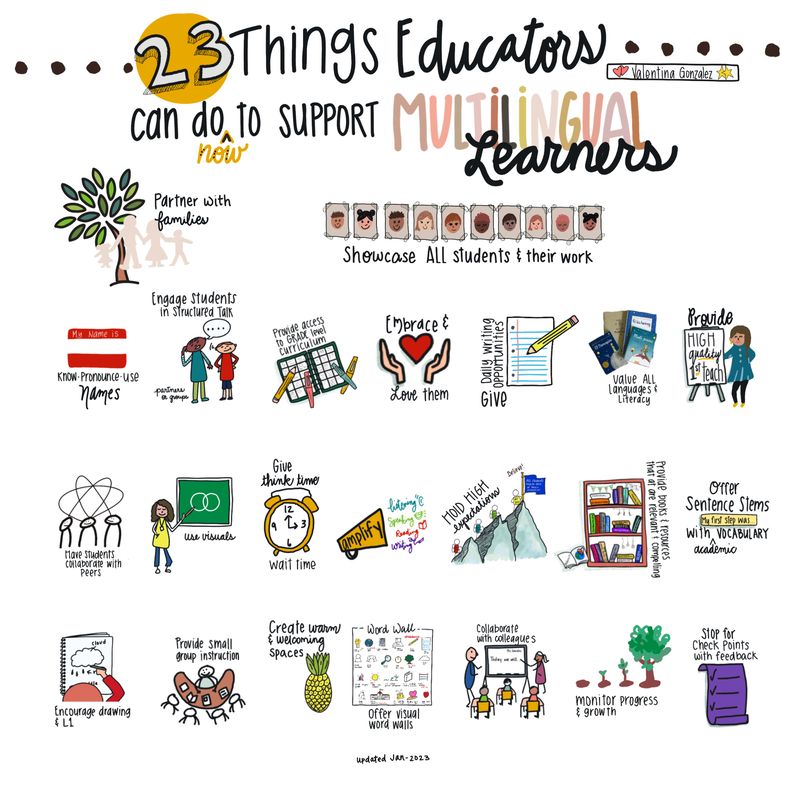
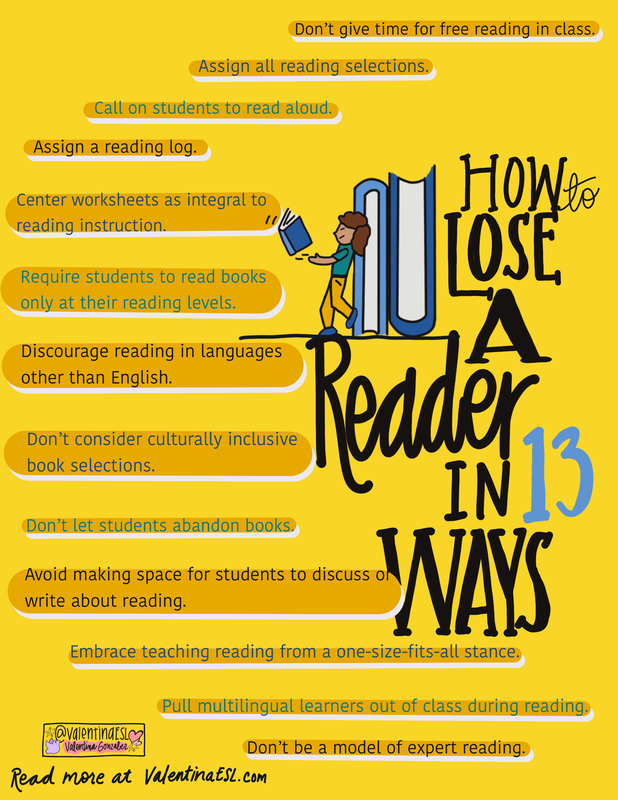
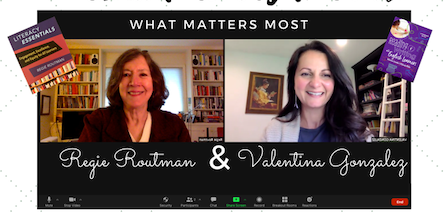
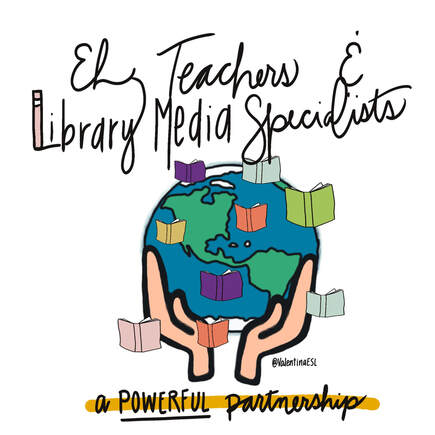
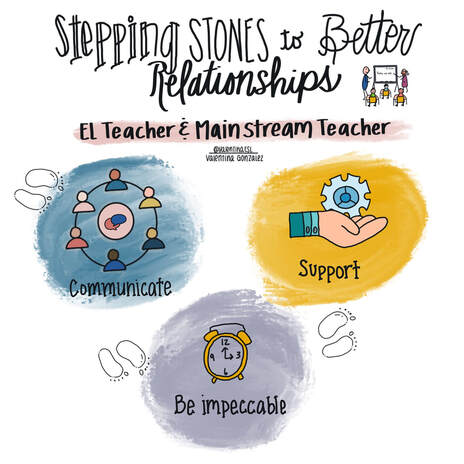
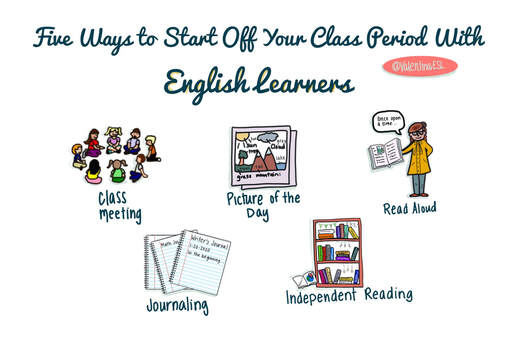

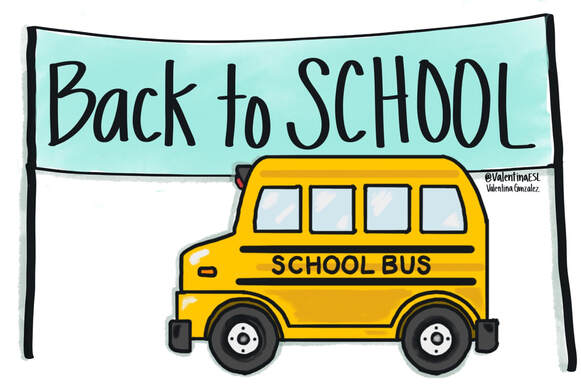
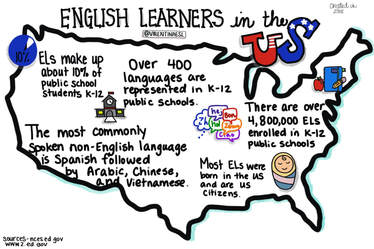
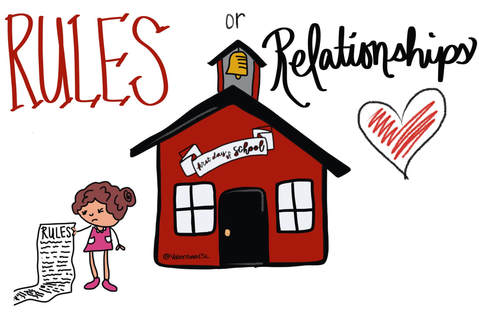
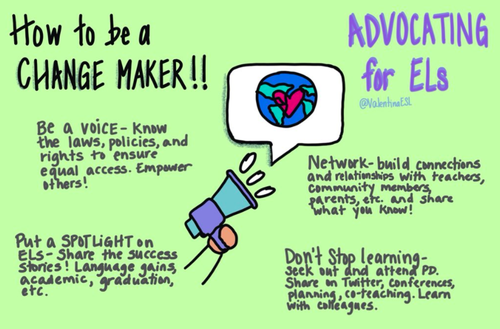
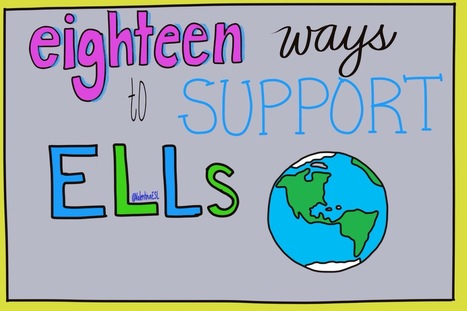
 RSS Feed
RSS Feed
